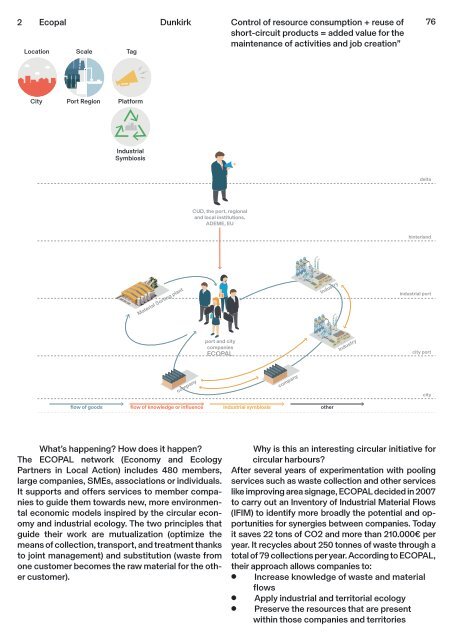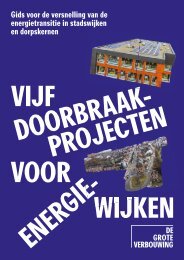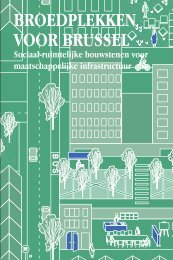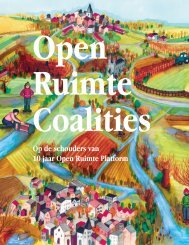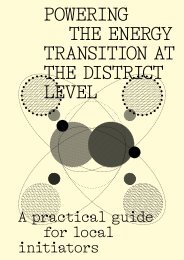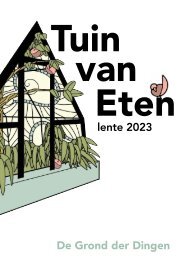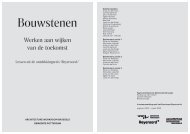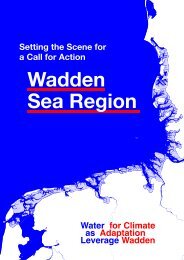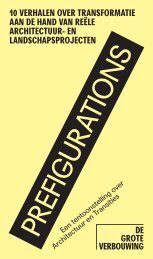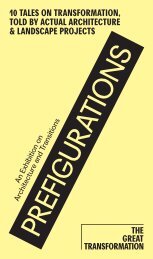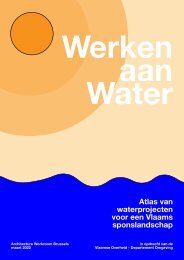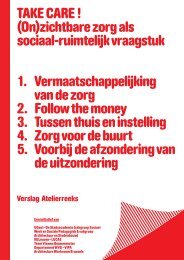Circular City Ports - Workbook
Create successful ePaper yourself
Turn your PDF publications into a flip-book with our unique Google optimized e-Paper software.
2 Ecopal Dunkirk Control of resource consumption + reuse of<br />
short-circuit products = added value for the<br />
maintenance of activities and job creation”<br />
Location Scale Tag<br />
76<br />
<strong>City</strong><br />
Port Region<br />
Platform<br />
Industrial<br />
Symbiosis<br />
delta<br />
CUD, the port, regional<br />
and local institutions,<br />
ADEME, EU<br />
hinterland<br />
Material Sorting plant<br />
Industry<br />
industrial port<br />
port and city<br />
companies<br />
ECOPAL<br />
Industry<br />
city port<br />
company<br />
company<br />
city<br />
flow of goods flow of knowledge or influence industrial symbiosis other<br />
What’s happening? How does it happen?<br />
The ECOPAL network (Economy and Ecology<br />
Partners in Local Action) includes 480 members,<br />
large companies, SMEs, associations or individuals.<br />
It supports and offers services to member companies<br />
to guide them towards new, more environmental<br />
economic models inspired by the circular economy<br />
and industrial ecology. The two principles that<br />
guide their work are mutualization (optimize the<br />
means of collection, transport, and treatment thanks<br />
to joint management) and substitution (waste from<br />
one customer becomes the raw material for the other<br />
customer).<br />
Why is this an interesting circular initiative for<br />
circular harbours?<br />
After several years of experimentation with pooling<br />
services such as waste collection and other services<br />
like improving area signage, ECOPAL decided in 2007<br />
to carry out an Inventory of Industrial Material Flows<br />
(IFIM) to identify more broadly the potential and opportunities<br />
for synergies between companies. Today<br />
it saves 22 tons of CO2 and more than 210.000€ per<br />
year. It recycles about 250 tonnes of waste through a<br />
total of 79 collections per year. According to ECOPAL,<br />
their approach allows companies to:<br />
● Increase knowledge of waste and material<br />
flows<br />
● Apply industrial and territorial ecology<br />
● Preserve the resources that are present<br />
within those companies and territories


